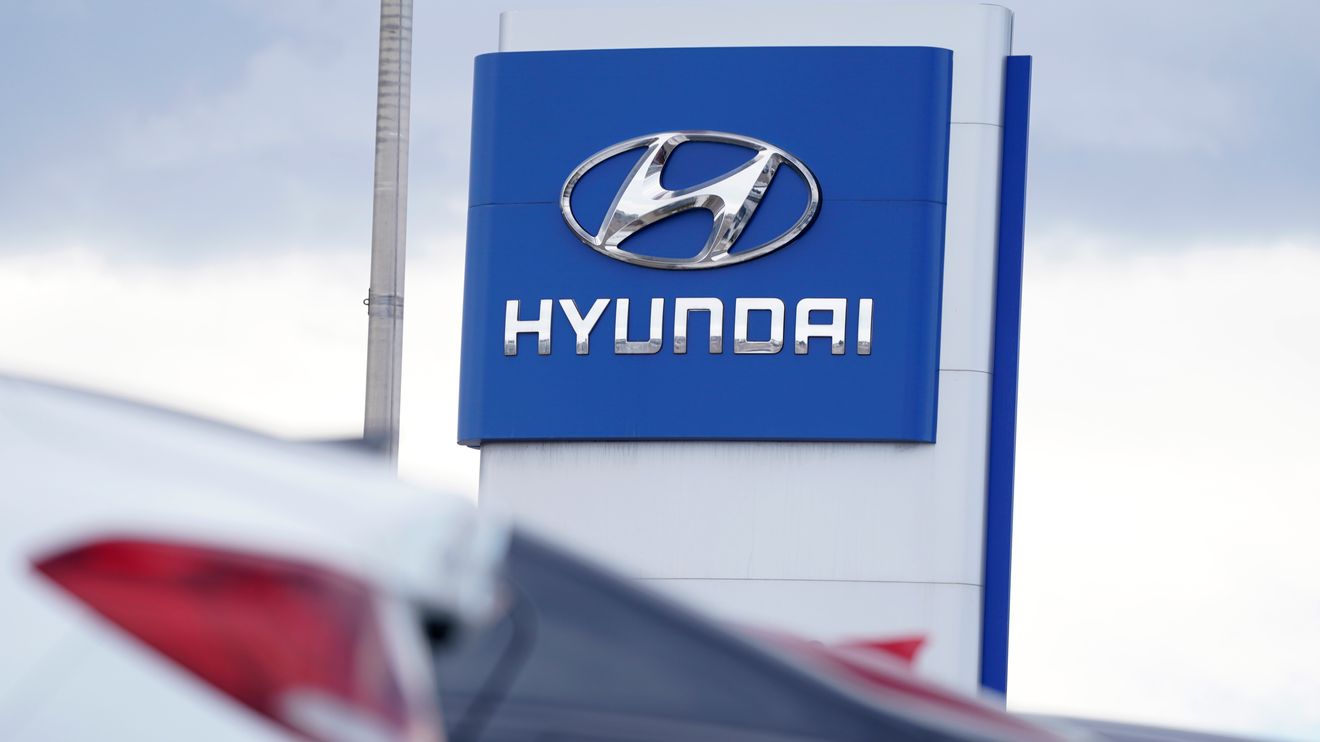Hyundai and Kia are recalling nearly 3.4 million vehicles in the U.S. and urging owners to park them outside due to fire risk.
The recall impacts several sedan and SUV models between 2010 to 2019. The United States National Highway Traffic Safety Administration’s notice states the anti-lock brake control can leak fluid, and cause an electrical short, which may lead to fires.
Owners are advised to park outside to prevent houses or buildings from catching on fire.
Here are the cars involved in the recall:
Hyundai
2012-2015 Accent
2012-2015 Azera
2011-2015 Elantra
2013-2015 Elantra Coupe
2014-2015 Equus
2011-2015 Genesis Coupe
2013-2015 Santa Fe
2013 Santa Fe Sport
2011-2015 Sonata HEV
2010-2013 Tucson
2015 Tucson Fuel Cell
2012-2015 Veloster
2010-2012 Veracruz
Kia
2014-2016 Cadenza
2011-2013 Forte/Forte Koup
2015-2017 K900
2010-2015 Optima
2011-2013 Optima Hybrid
2011-2017 Rio
2010 Rondo
2011-2014 Sorento
2011-2013 Soul
2010-2013 Sportage
Kia
000270,
and Hyundai
005380,
dealers will replace the anti-lock brake fuse at no cost to owners, and both companies say the cars remain safe to drive.
See also: U.S. new-car sales seen rising more than 13% in September
So far, 21 fires in the affected Hyundai vehicles have been reported plus another 22 “thermal incidents” including smoke, burning and melting of parts, the documents say. Kia reported 10 fires and melting incidents, according to the Associated Press. Kia will send notification letters to owners beginning Nov. 14, and Hyundai will do the same beginning Nov. 21.
The two car companies recalled 92,000 vehicles over similar fire risks back in August.
Vehicle owners who have further questions can contact the NHTSA at 1-888-327-4236 or go to its website at NHTSA.gov.
The news for Kia and Hyundai comes a few months after the Korean automakers agreed to a $200 million settlement over numerous complaints that their cars are too vulnerable to theft. That settlement impacted roughly 9 million cars that were broken into due to a lack of anti-theft immobilizers.
The surge in break-ins coincided with several viral how-to TikTok videos in which users outlined a step-by-step process on how to infiltrate these cars, and in some cases steal the vehicles by hacking their “start/stop” engine buttons.
Read on: ‘We have different values’: My husband took out a $50,000 car loan. What about spending money on our kids?
Read the full article here













Leave a Reply